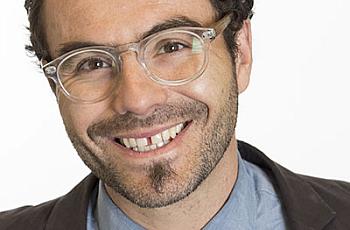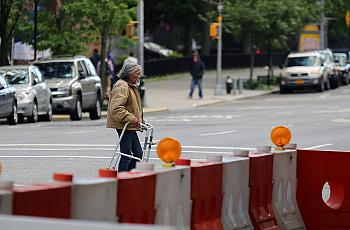
Dan Gorenstein
Executive Producer and Co-Host

Executive Producer and Co-Host

This week, we caught up with Dan Gorenstein, senior reporter for Marketplace’s Health Desk. Here are his top morning health news reads.

For three months this year, I spent time with some of the sickest, most expensive patients in America — the so-called "super-utilizers." During that time, I’ve learned about the great promise of programs to help such patients, and why innovations that both improve health and save money are so rare.
The idea is simple: Health care providers leave the exam room and spend more time developing relationships with patients in their kitchens and living rooms. But can such an approach actually keep chronically ill patients from landing in the hospital over and over again?
When it comes to "super-utilizers," improving health and saving money is the only measure of success for many in the industry. Some programs have achieved those twin objectives, but some wonder if that bar is too high for a group of patients who've often endured decades of poverty and trauma.
Can the American health care system save money and improve health by spending more on social services for the most expensive patients, the so-called super-utilizers? It sounds like a promising approach, but as Marketplace's Dan Gorenstein reports, the challenges are fierce.
We've entered an interesting moment in health care. The patients hospitals and doctors have historically made money on — the so-called "frequent fliers" — have become millstones around their necks. In this ACA-era, healthcare providers and insurers must find ways to limit their return trips.